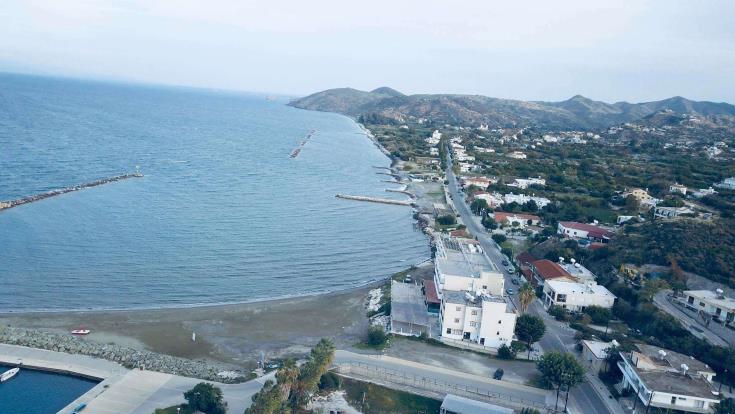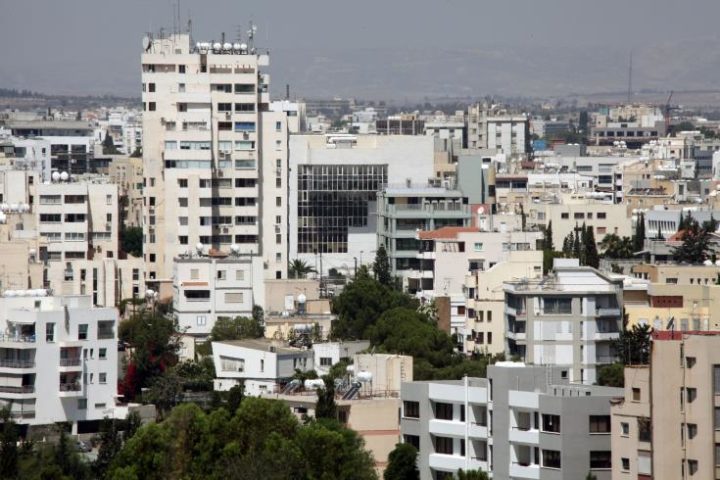Whenever real estate relates in one way or another to culture, it has a positive effect that creates increased interest to buy or let by local and foreign investors.
Properties that offer views or are close to various cultural projects have a significant interest and increased value.
The Acropolis views in Athens, proximity to the Eiffel Tower in Paris, housing units within the historic neighbourhoods of Prague, the calming views of the River Thames and the Houses of Parliament are examples of real estate demand is aided by culture.
Commemorating the bicentennial of the Greek revolution, the Greek government exploited the event to a maximum, with an extensive and constant projection of its culture, beneficial effects on tourism, and increasing interest in its real estate.
Greece is blessed as home to world-renowned artists, such as musical legends Nana Mouskouri, the great Mikis Theodorakis, Demis Roussos and many others.
It does not miss the opportunity to project the country’s culture.
The popular syrtaki dance is often accompanied by a video, usually on social media and on YouTube, with flash mobs in public squares, as various folkloric activities differ from place to place across Greece.
Other than the ancient monuments, promoting local heritage in several locations and on popular islands and the more remote places such as Zagorochoria – most popular for Germans – all have added interest from celebrities.
A recent one was the international chef Gordon Ramsey with his friends, who projected the local cuisine and culture of Mykonos during a cooking programme.
All these have resulted in a sharp increase in real estate and tourist demand.
The recent news of a retired Italian multi-millionaire, who sold his assets to settle on Ithaki, got together a herd of local goats to produce traditional cheese, duly projected in the Italian and international media, are examples of how interest in Greece is changing.
“I now feel younger than ever,” the Italian millionaire said in a TV interview.
This culturally connected promotion has sharply increased interest in real estate, not only for the better-known islands and villages by foreign investors, including Cypriot developers, who are more active in Crete and Athens.
Most recently, stand-up comedian Angelo Tsarouchas, a second-generation Greek-American, who although mocks the Greek way of living, presented the country in such a way that it brings up the nostalgia of immigrant Greeks and newcomers (approximately 60% of his audience are Americans and Australians) during his hilarious shows.
A cultural attraction for Greece existed years ago, especially in the UK, where the Foreign Office has its main requirement of knowledge of classical studies.
This extends from Prince Charles to PM Boris Johnson; it would be amiss not to mention the EU in Cyprus, and Russian ambassadors, most of whom speak Greek.
Charm offensive
This charm offensive by the Greek government has sharply increased demand for Greek real estate, aided by the recently introduced permanent residency visas with tax benefits.
Culture played a big role in the Greek revolution of 1821 when Serbia also revolted against the Ottoman Empire, but which was ignored by the big powers.
At the same time, Garibaldi, with 1,000 Italian revolutionaries, participated in the Balkan wars on the side of Greece, not to mention Lord Byron at Mesolongi and others, all of whom were attracted by Greek culture.
The culture and promotion of Greece have increased considerably, doubling in numbers in recent years.
If bureaucracy in Greece did not exist to the extent that it does, it would have been much better for its economy and increasing circle of supporters, even in a financial crisis.
Speaking about red tape and bureaucracy in Cyprus, the recent foreign investors’ meeting in Limassol raised some shocking facts, with the most worrying being the indifference of our government.
One case involved an Indian investor who waited for two months to reply by the Cyprus immigration department, only to be fast-tracked by a third party within a few days.
As a result of the disappointment of this Indian businessman, he moved his business and 400 employees to Norway.
We have a long way to go to reach some acceptable level of culture, and it is more shocking that on the one hand, we spend so much effort to attract foreign investors, while on the other, we disappoint them to the extent they abandon the island with those to blame still in their cushy government jobs.
You may also remember IT pioneer Bill Gates who wished to set up part of his Microsoft empire in Cyprus, but due to bureaucratic delays, moved to Malta.










